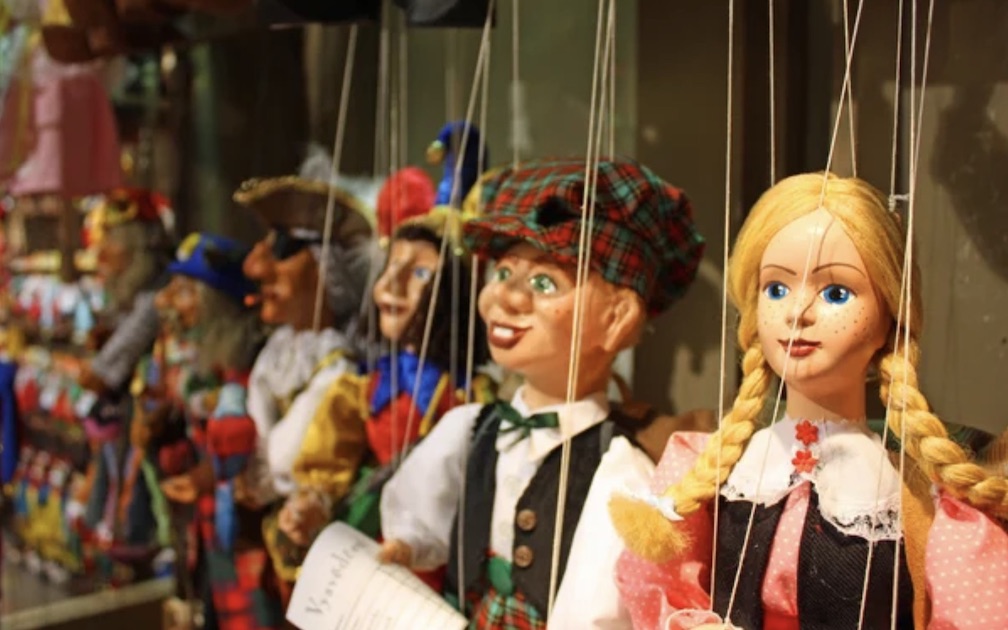Bring Stories to Life with Puppet
- Written by Business Daily Media

Puppets have been a popular form of entertainment for centuries. They can be traced back to ancient times when puppetry was used for storytelling and religious ceremonies. Puppets have also been used to educate, entertain, and even influence social change. Today, puppetry is a beloved art form that is enjoyed by children and adults alike.
Puppets Australia comes in many different shapes and sizes, from hand puppets to marionettes, and they can be made from a variety of materials, including cloth, wood, paper, and plastic. A puppet can be used to create a range of characters, including animals, monsters, and even royalty.
Benefits of Puppetry for Children
Enhances Creative Thinking and Problem-Solving: Puppetry can be an effective educational tool for children as its use encourages creative thinking and problem-solving. Studies have shown that puppetry helps children develop their social and communication skills, as it promotes the use of dialogue and story development. It also encourages children to think outside the box and to come up with original and unique characters, stories, and props. Puppetry can also help children to better understand abstract concepts and apply them in their lives. Using puppets and stories can encourage children to learn and explore their emotions and feelings safely and engagingly.
Improves Cognitive Development and Language Skills: Puppetry has long been recognised as a highly effective tool for enhancing cognitive and language skills in children. It encourages creative thinking and problem-solving skills, as well as imaginative play. Puppetry also provides an avenue for children to explore and express their feelings, improving their emotional intelligence. Through the use of puppetry, children can learn new words, learn to communicate more articulately and increase their overall knowledge. Puppetry helps children to develop their listening skills, allowing them to better understand others. The use of puppets can help children to become more self-reliant and confident in their abilities.
Strengthens Fine Motor Skills: Puppetry is a great way to help children develop their fine motor skills. Working with puppets helps young children to refine their motor skills as they manipulate the puppets. They must use precise movements to make the puppets move believably. This activity also encourages children to explore the use of their hands in a careful and controlled manner which develops coordination and dexterity. By manipulating the puppet's body, children practice small movements such as squeezing, pinching, grasping, and twisting.
Promotes Understanding of Emotions: Puppetry is a powerful tool for encouraging emotional growth and development in children. Through the use of puppets, children can explore their emotions and gain a better understanding of how to manage and express them. By engaging in pretend play, children can act out different scenarios and gain an appreciation of the consequences of their actions. This can be especially beneficial for children who struggle with expressing their feelings in words. Puppetry also helps children build self-confidence and develop language skills.
Increases Confidence in Public Speaking: Puppetry is an invaluable tool for boosting the confidence of children in public speaking. By using puppets to express themselves and tell stories, children can practice and develop their vocal and communication skills without being judged by their peers. Puppetry can help to alleviate the fear of speaking in front of others, as children can practice in front of a puppet before performing in front of a live audience. Puppetry is, therefore, a great way to help children build their confidence in public speaking.







